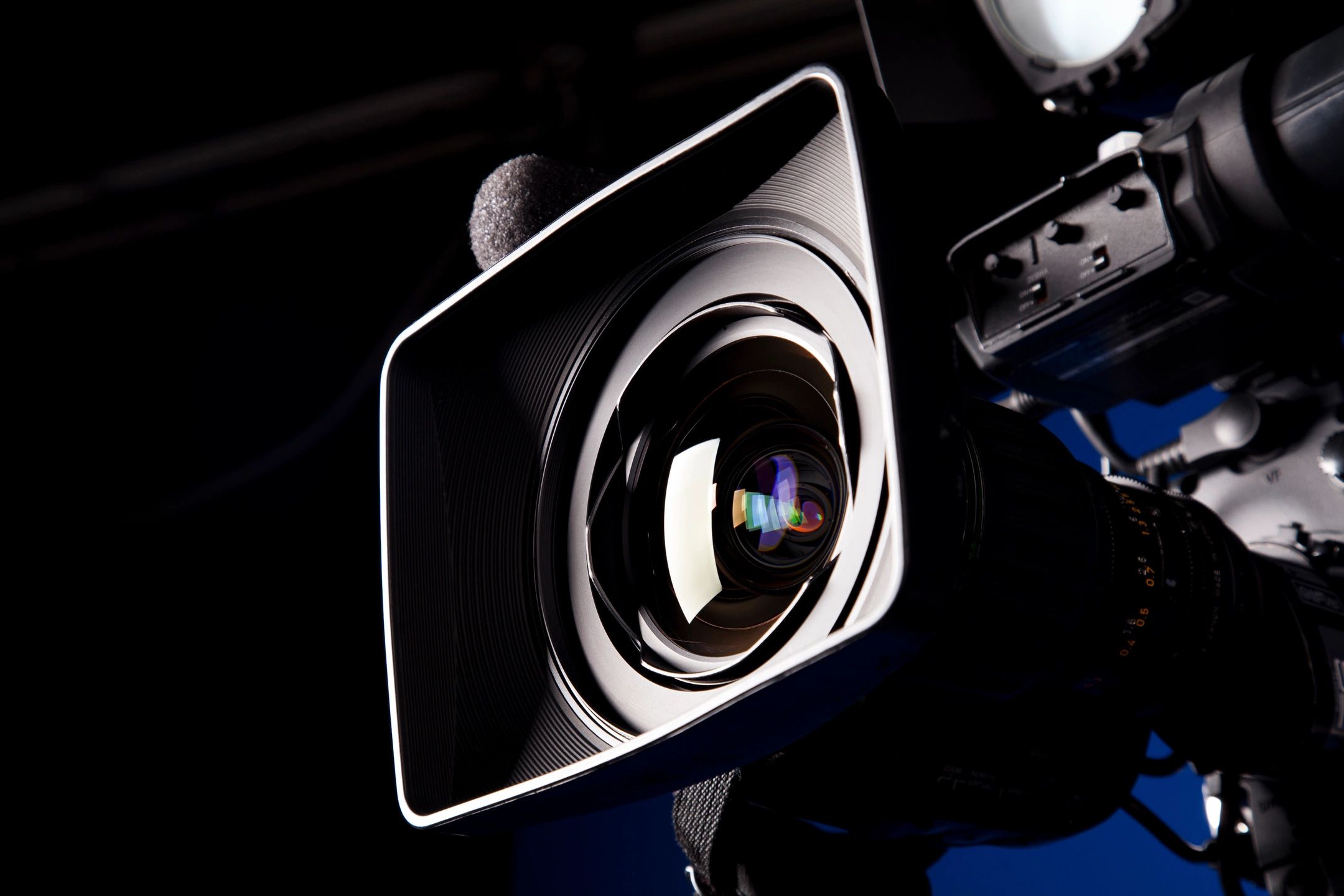
A Look at the Puffragettes Who Are Breaking the Grass Ceiling
Mary Janes: The Women of Weed has won Best Documentary at the Artemis Film Festival and the Visionary Award at the Palm Springs Cannabis Film Festival and Summit, as well as other distinctions at festivals throughout the nation.
In the classic 1980s “Just say no” public service announcement, an egg is dropped into a frying pan. It starts to sizzle as the camera pans to a person, who rebukingly states, “This is your brain on drugs…. Any questions?”
 Filmmaker Windy Borman has questions.
Filmmaker Windy Borman has questions.
Her search for answers leads her on a path that’s paved by puffragettes: women, or men, who work “for gender parity, social justice and environmental sustainability in the cannabis industry.” The filmmaker documents her journey (and even her first experience trying cannabis) in one of the most empowering and informative films of the year – Mary Janes: The Women of Weed.
The 85-minute, award-winning documentary features interviews with more than 40 female ganjapreneurs from fields that range from fashion to finance, from evolutionary biology to hemp farming. Mary Janes: The Women of Weed, was directed and produced by Borman, whose previous projects include The Eyes of Thailand and The Big Picture: Rethinking Dyslexia.
Borman is a self-proclaimed “gypsy-pirate-filmmaker.” She has traveled the world to create films, always intrigued by the storylines that examine gender, environmental and social justice issues. That‘s why it made sense for Borman to turn her lens on the cannabis industry — an industry, she admits, mystifies her.
Borman was a D.A.R.E. kid–a product of the “Just say no” to drugs generation. Addiction in her family gave her a disdain for drugs and furthered her belief that cannabis was a gateway substance. She never tried cannabis, she said, until she finished filming Mary Janes.
This begs the question: Why did someone admittedly unfamiliar with cannabis want to create a film about it? The answer, explained Borman, began when she moved to Colorado in 2014. There, she said, she “kept hearing these amazing stories of women who found success [in the industry].” When Marijuana Business Daily found that females accounted for 36 percent of senior leadership positions in the industry in 2015, Borman realized she was in a “unique position to elevate and celebrate women who were leading in the cannabis industry.”
The film also digs into the gender of the cannabis sativa plant. Threaded among interviews and Borman’s on-camera epiphanies are illustrations of the plant in its different forms (male, female, heterogeneous). Mary Janes: The Women of Weed is a great example of an intersectional feminist film that “isn’t about oppression, it’s about opportunity,” Borman explained. It’s not the typical storyline that audiences are used too; “A lot of times, [feminist films tackle] really tough subject matters–violence, cancer, assault …” Borman explained. “Instead, we flipped that script and focused on opportunity.”
The documentary highlights prospects in the existing gender parity. The filmmaker hopes that by highlighting the broad cross section of women in the industry, “there [will be] other women in the audience [who will see this and] say, ‘I’m just like her–I can do this, too.’”
Borman references Mara Gordon, co-founder of Aunt Zelda’s, who encourages women to start replacing the fortune-cookie coda of “… in bed,” with “… in cannabis.” “Whatever you did before, you can do now ‘in cannabis,’” she said.
Marijuana Business Daily reports that although women made up 36 percent of senior leadership positions in the industry in 2015, that number dropped to 27 percent in 2017, which is only slightly above the national average of 23 percent. This isn’t far from business as usual, Borman explained.
“Twenty-seven percent doesn’t sound warm and fuzzy,” she added. “[It’s a] similar feeling being a filmmaker; the #MeToo Movement really brought out the dark underbelly of the film industry that we’ve known about for years. Some may look at that and think, ‘I don’t want to work there,’ but I say, ‘This is why we need more women.’
“This is where puffragettes see opportunity: “We’re really [saying], ‘That’s not the type of environment I want to work in.’” She emphasized, “We’ve got this limited window of opportunity to build the foundation and do it right.” Once women and people of color obtain equal footing, a place at the table, “that’s when people really have to listen and value our work,” said Borman. Besides, “Companies are more successful when there’s more diversity in their leadership team — cannabis or not,” she asserted. In fact, research shows that inclusive leadership boosts innovation, morale, and a business’s bottom line, reports Forbes.
Throughout the filming process, Borman said that she began to let go of the D.A.R.E. propaganda she had been taught. “I went into this documentary curious,” but still she questioned whether cannabis was unsafe or addictive. Her “big a-ha moment” came after a series of interviews with women including Wanda James, CEO of Simply Pure, and Betty Aldworth, executive director of Students for Sustainable Drug Policy. Another profound moment came when Borman tried cannabis for the first time, which she chose to do on film, guided by what she described as her “cannabis fairy godmothers.”
If there’s one thing this filmmaker wants audiences to take from the film, it’s the ability to have a conversation about cannabis and how it fits into their lifestyle or community. Mary Janes: The Women of Weed is a starting point, Borman explained.
For more information, including showings or how to host your own screening, visit MaryJanesFilm.com or on social media @MaryJanesFilm.
* The film includes interviews with singer and songwriter Melissa Etheridge; Julianna Carella of Auntie Dolores/Treatibles; Madeline Martinez of World Famous Cannabis Cafe; Dr. Amanda Reiman of the Drug Policy Alliance; Mara Gordon of Aunt Zelda’s; Dr. Daniela Vergara of Cannabis Genomic Research Initiative; Kiana Hughes of Two Dope Chicks, and more.


Leave a Reply